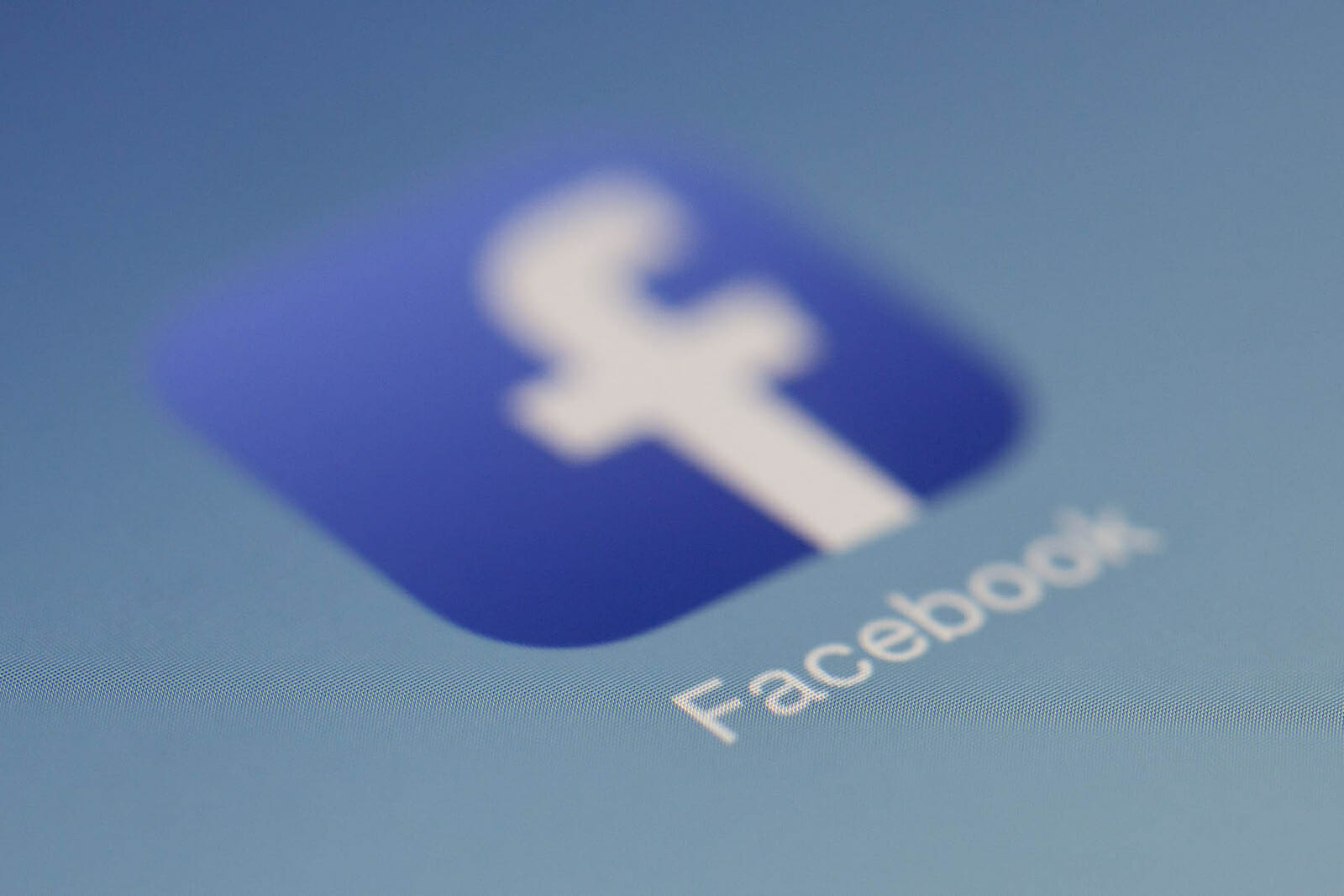
Tech
Europe Calls Out Facebook’s Unethical Practices, What That Means for Ireland
In August, Facebook found itself clashing with the European Union’s growing restrictions and regulations for the big tech company. Concerns about the handling of European citizens’ Facebook and Instagram data added to the existing controversy around the company. Europe is now looking at a potential shutdown of both social media platforms.
Ireland’s Data Protection Commissioner (DPC) sent out an order that mandated Facebook to stop sending European user information to the United States. The commissioner, among other European officials, cites mistrust over U.S. government surveillance. If the data goes to the U.S., then Irish and European leaders have less control over its handling.
Thus, the DPC’s order targets Facebook’s practices. The social media company has been notorious for receiving backlash and criticism for mishandling user data and failing to fact-check political ads. However, it’s unclear now if the DPC’s regulations will lead to a significant change.
Facebook’s vice president of global affairs, Nick Clegg, stated in a press release that “A lack of safe, secure and legal international data transfer would damage the economy and hamper the growth of data-driven businesses in the EU.”
While the DPC didn’t comment on the situation, these regulations have the potential to shake things up in big ways. Blocking the transfer of European data to the U.S. would mean Facebook must shut down operations in the EU or undergo a major reconstruction of data management.
Ireland’s Involvement
As a major player in the EU, Ireland’s pushback against Facebook’s data handling doesn’t come as a surprise. In fact, Facebook’s European headquarters resides in Dublin, giving the rest of the country more incentive to get involved with Facebook’s goings-on. After the DPC took action and filed the inquiry, Facebook responded quickly with a lawsuit.
Yvonne Cunnane, Ireland’s head of data protection for Facebook, stated in an affidavit that the DPC’s decision “gives rise to an apprehension that Facebook is not being treated equally. If Facebook alone is being investigated and subject to a suspension of data transfers to the U.S., this would be liable to create a serious distortion of competition.”
Furthermore, Cunnane, continued, “It is not clear to Facebook how, in these circumstances, it could continue to provide the Facebook and Instagram services in the EU.”
Cunnane’s statement references how the EU regulations, coming directly from the DPC, would make it increasingly difficult for Facebook to operate in the countries that make up the Union. If Facebook can’t transfer European, and specifically Irish data, to the United States, then it’s not clear how the company will continue to run its platforms in Europe.
It could work with major changes to data management, but at the moment, Facebook doesn’t seem willing to make those changes. In Europe, Facebook had over 300 million users in quarter one of 2020, however — the company will need to act quickly to not lose that base.
The Bigger Picture
Ireland’s crackdown on Facebook is part of a larger game in progress. Amidst scandals and previous Facebook breaches that exposed 50 million user’s accounts, the EU is getting tough on big tech companies.
Recently, UK trade unions cracked down on Amazon after the controversy that involved the company spying on its own employees in their private social media lives. The company posted job listings seeking analysts to observe employees participating in Facebook groups.
The job involved tracking any activity involving “labor organizing threats against the company.” As Amazon has found itself amidst controversies regarding worker protests and strikes, this spying may not come as a surprise.
At the center of the surveillance was Facebook, which served as the primary medium through which individual citizens had their privacy and right to organize infringed upon. While Amazon took down the job listings and seemingly dissolved the group that was conducting the spying, the mistrust remains.
The DPC is seeing the need to regulate big tech companies now more than ever. Furthermore, with a lack of even minimal regulations in the U.S., Ireland is unsure that European user data will be safe in the process. Thus, as long as Facebook continues to have controversies surrounding its name, the EU will likely continue pushing back.
The Future Decides
Ultimately, the fate of Facebook and Instagram relies on what the courts and judges decide. If they uphold the DPC’s motion to regulate or ban, then Facebook will either shut down — temporarily, most likely — or find ways to operate without sending data to the U.S. Irish Facebook and Instagram users could be seeing changes to their apps. However, this decision could also be the first step in a long line of regulations for other big tech companies.

